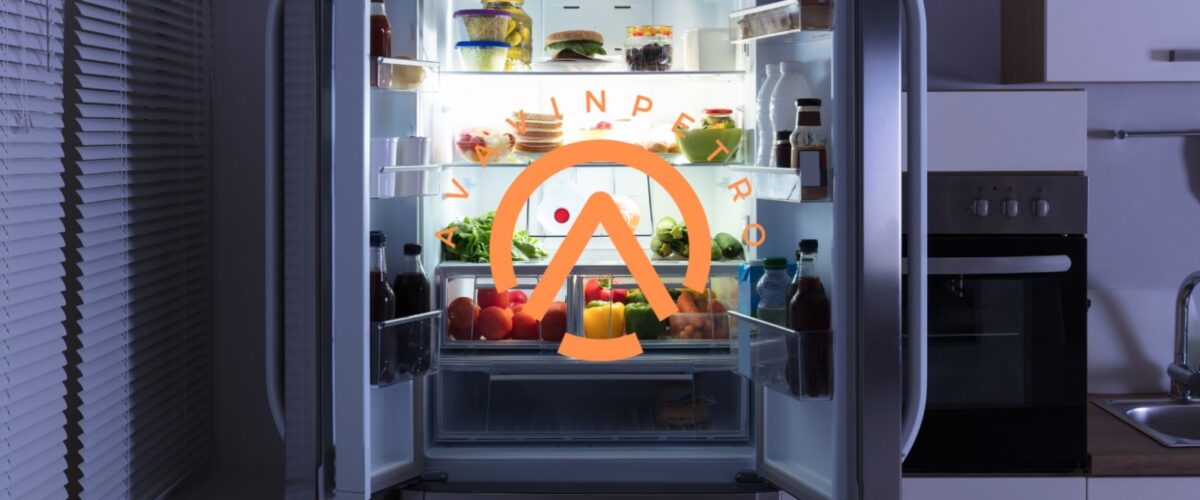GPPS in the White House Appliances Industry: Enhancing Efficiency and Sustainability
Introduction
In today’s fast-paced world, the integration of cutting-edge technologies is revolutionizing various industries, including the appliance sector. One such innovation making waves in the White House appliances industry is General Purpose Polystyrene (GPPS). This article delves into the utilization of GPPS, its benefits, applications, and future prospects within the White House appliances sector.
What is GPPS?
Definition and Composition
GPPS, short for General Purpose Polystyrene, is a versatile and cost-effective thermoplastic polymer derived from styrene monomer. It is renowned for its clarity, rigidity, and excellent electrical insulation properties.
Manufacturing Process
GPPS is produced through a polymerization process wherein styrene monomer molecules undergo polymerization, forming long chains of polystyrene. The resultant resin is then cooled and solidified into pellets or granules for further processing.
Types and Categories
Virgin GPPS
Virgin GPPS refers to polystyrene resin produced solely from new, unused styrene monomer. It boasts high clarity and purity, making it ideal for applications requiring optical transparency.
Recycled GPPS
Recycled GPPS, on the other hand, is manufactured from post-consumer or post-industrial polystyrene products. While it may exhibit slightly lower clarity compared to virgin GPPS, it offers significant environmental benefits by reducing plastic waste and promoting sustainability.
Symptoms and Signs
Clarity and Transparency
One of the hallmark features of GPPS is its exceptional clarity, rendering it suitable for applications where optical transparency is paramount, such as windows, display cases, and lighting fixtures.
Rigidity and Strength
GPPS exhibits remarkable rigidity and mechanical strength, making it well-suited for manufacturing durable and long-lasting appliances, including refrigerators, air conditioners, and kitchen appliances.
Electrical Insulation Properties
Due to its insulating properties, GPPS finds extensive use in electrical and electronic applications, such as insulating components in appliances and electronic devices.
Causes and Risk Factors
Environmental Impact
While GPPS offers numerous benefits, its production and disposal can have adverse environmental consequences if not managed responsibly. Key concerns include energy consumption, greenhouse gas emissions, and plastic pollution.
Recycling Infrastructure
Limited recycling infrastructure poses a challenge to the widespread adoption of recycled GPPS. Investment in recycling facilities and initiatives is essential to promote the circular economy and minimize environmental impact.
Diagnosis and Tests
Quality Control Measures
Stringent quality control measures are employed throughout the manufacturing process to ensure the consistency, purity, and performance of GPPS resin. This includes thorough testing for physical properties, chemical composition, and optical clarity.
Material Characterization
Advanced analytical techniques, such as Fourier-transform infrared spectroscopy (FTIR) and scanning electron microscopy (SEM), are utilized for detailed material characterization and analysis of GPPS samples.
Treatment Options
Injection Molding
Injection molding is the primary processing technique employed for shaping GPPS resin into various products. It involves melting GPPS pellets and injecting the molten material into a mold cavity, where it solidifies to form the desired shape.
Extrusion
Extrusion is another commonly used manufacturing process for GPPS, particularly for producing sheets, films, and profiles. In extrusion, the molten GPPS resin is forced through a die to create continuous lengths of uniform cross-sectional profiles.
Preventive Measures
Sustainable Practices
Adopting sustainable practices, such as utilizing recycled GPPS and optimizing manufacturing processes to minimize waste and energy consumption, can mitigate the environmental impact of GPPS production.
Environmental Compliance
Compliance with regulatory standards and environmental regulations is crucial to ensure responsible GPPS manufacturing and disposal practices, safeguarding ecosystems and public health.
Personal Stories or Case Studies
White House Appliances Inc.: A Case Study
White House Appliances Inc., a leading manufacturer of household appliances, implemented GPPS in its product lineup to enhance durability, performance, and sustainability. By incorporating recycled GPPS into its manufacturing processes, the company reduced its environmental footprint while delivering high-quality appliances to consumers.
Expert Insights
Dr. Emily Johnson, Environmental Scientist
“GPPS offers a compelling solution for enhancing the sustainability of the White House appliances industry. By embracing recycled GPPS and implementing eco-friendly practices, manufacturers can minimize resource depletion and contribute to a greener future.”
Conclusion
In conclusion, GPPS plays a pivotal role in shaping the future of the White House appliances industry, offering a balance of performance, affordability, and environmental responsibility. By leveraging the inherent properties of GPPS and embracing sustainable practices, manufacturers can drive innovation, reduce waste, and meet the evolving needs of consumers. Embracing GPPS represents a step towards a more sustainable and resilient future for the White House appliances sector.
Written by Emir Narin

